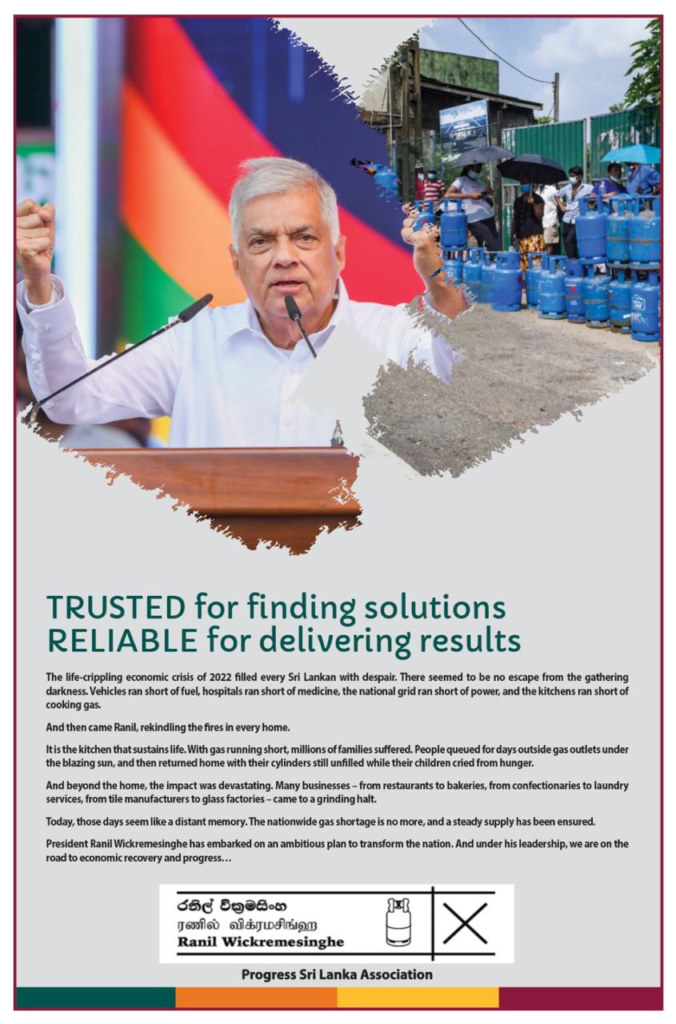September 14, Colombo (LNW): In an effort to support economic recovery and ease the burden on middle-income earners, the government has announced proposed adjustments to the Personal Income Tax (PIT) structure. These changes aim to maintain fiscal responsibility while offering relief to those most impacted by recent tax reforms.
Following discussions with the International Monetary Fund (IMF), the proposed amendments to the PIT structure were outlined in a Cabinet Memorandum. The original tax reforms, introduced in mid-2022 as part of a broader strategy to boost government revenue during the economic crisis, included a tax-free threshold of Rs. 1.2 million per annum, tax bands of Rs. 500,000 each, and a marginal tax rate up to 36%. These reforms were part of Sri Lanka’s commitment under the Extended Fund Facility (EFF) programme with the IMF, which targets a primary budget surplus of 2.3% of GDP by 2025, alongside a goal of raising tax revenue to 14% of GDP by 2025.
Responding to public demand for relief, particularly from middle-income earners, the government re-entered negotiations with the IMF in mid-2024. The proposed changes include increasing tax bands from Rs. 500,000 to Rs. 720,000 while maintaining the tax-free threshold at Rs. 1.2 million and preserving the marginal tax rates, including the top rate of 36%.
The adjustment, set to take effect in April 2025 following amendments to the Inland Revenue Act, No. 24 of 2017, is aimed at alleviating the burden on middle-income earners. A person earning Rs. 150,000 per month will see a 14% reduction in their tax burden, while higher-income earners will experience limited relief. The overall impact on government revenue is expected to be 0.07% of GDP, which has been accounted for through compensatory measures such as revenue from vehicle import liberalization in 2025.
President Ranil Wickremesinghe, also serving as Finance Minister, emphasized that the proposed amendments strike a balance between fiscal discipline and providing relief to mid-level earners. The Cabinet is expected to approve the drafting of these amendments, with implementation scheduled for April 2025.




